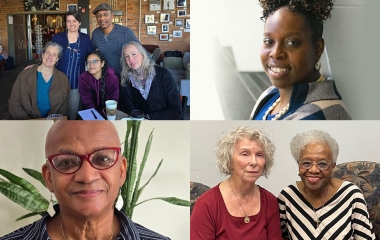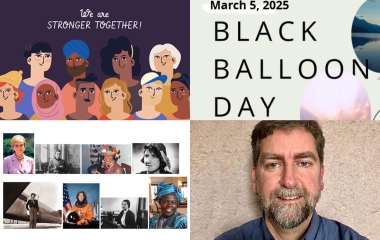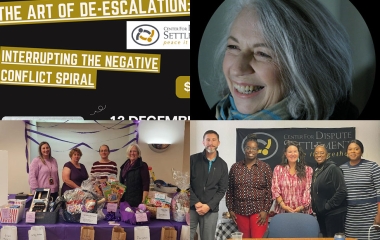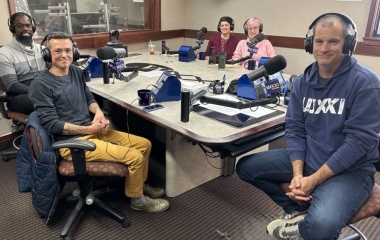Recommended Improvements in Police Complaint Investigations Supported by Independent Study
Center for Dispute Settlement’s (CDS) recommended improvements to the investigation process for Officer-Involved Shootings and alleged police complaint incidents are being supported in a recent City Council-initiated independent study. The Center for Governmental Research (CGR) study released today provides a comprehensive statistical analysis that validates CDS’ independent civilian review of police complaints.
“Five years ago we recommended having independent investigations conducted for all Officer-Involved Shootings and serious injury cases,” explains Frank Liberti, president and CEO of CDS. “Although that recommendation was not adopted at that time, we recently saw this approach being utilized for an investigation involving a Rochester Police Department officer. Since then, and as recently as October 2016, CDS has recommended additional police oversight program enhancements to include:
- Authorizing independent investigations conducted by a completely separate agency from RPD with the authority to investigate and make recommendations of potential civil rights violations to Federal authorities for all Officer-Involved-Shooting and Serious Injury investigations. Authorizing an independent Auditor/Monitor to oversee all Professional Standard Section complaint investigations —both recommendations supported in the independent CGR study.
- Requiring the police chief provide an explanation whenever his or her investigative finding differs from the Civilian Review Board panelist findings for an incident. The explanation would take place at regularly scheduled City Council meetings.
“These suggested program enhancements, ahead of their time and now supported by the Center for Governmental Research report, would shift the current Civilian Review Board model of oversight to a hybrid approach, adding independent investigative and auditor/monitor program elements and would go far in addressing the greater transparency that community members request,” Liberti explains.
Additionally CDS recommended that all officers receive intensive cultural and implicit bias training on an initial and annual refresher basis. CDS, which servers the entire 8-County NYS 7th Judicial District has successfully provided this professional education to businesses, social service agencies and police departments with positive results.
While a recent review by the community group Enough is Enough analyzed a limited subset of data, the independent CGR study involved a comprehensive statistical analysis of all Civilian Review Board allegation findings. The CGR study confirms the fact that the CRB sustained rate of findings for complaint allegations from 2003–2016 averaged 16 percent. The study also states that “the CRB sustained 34 percent of incidents, 27 percent of allegations, 21 percent of actions, and 12 percent of individuals” for the 70 complaints reviewed during the three-year period from 2014–2016.
The CGR report and the Enough is Enough review suggest that since there is no way of knowing what would be considered an appropriate complaint sustained rate, perhaps the 16 percent overall Rochester CRB rate could be higher. To add context to that assumption a review of the NYC Civilian Complaint Review Board (CCRB) data indicates a sustained complaint rate for the past seven years averages of 13 percent for complaints that are independently investigated. Similarly, the Albany CRB data for 2016–17 indicates that their CRB sustained one out of 85 complaint allegations, a sustained rate of slightly over 1 percent.
“We applaud City Council for initiating this independent review by the Center for Governmental Research and for using its subpoena power to review the Ricky Bryant complaint investigation. For the first time, this provided an opportunity for Council to fully review a complaint investigation file containing the independent CRB findings and recommendations as well as the police chief’s final findings,” Liberti says. “We look forward to working with residents and council members to develop program improvements that people have a right to expect in this evolving field of civilian oversight of law enforcement.”













